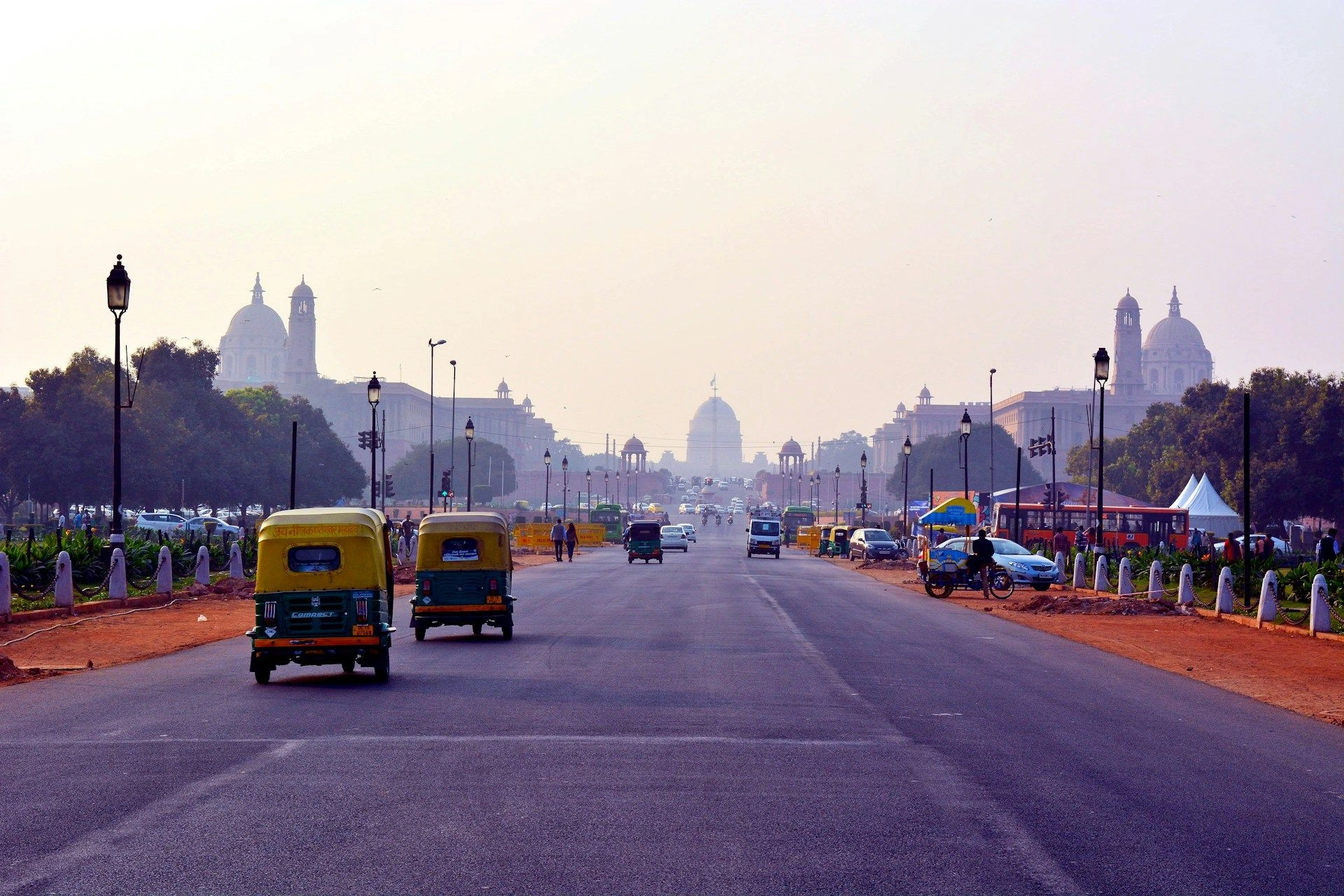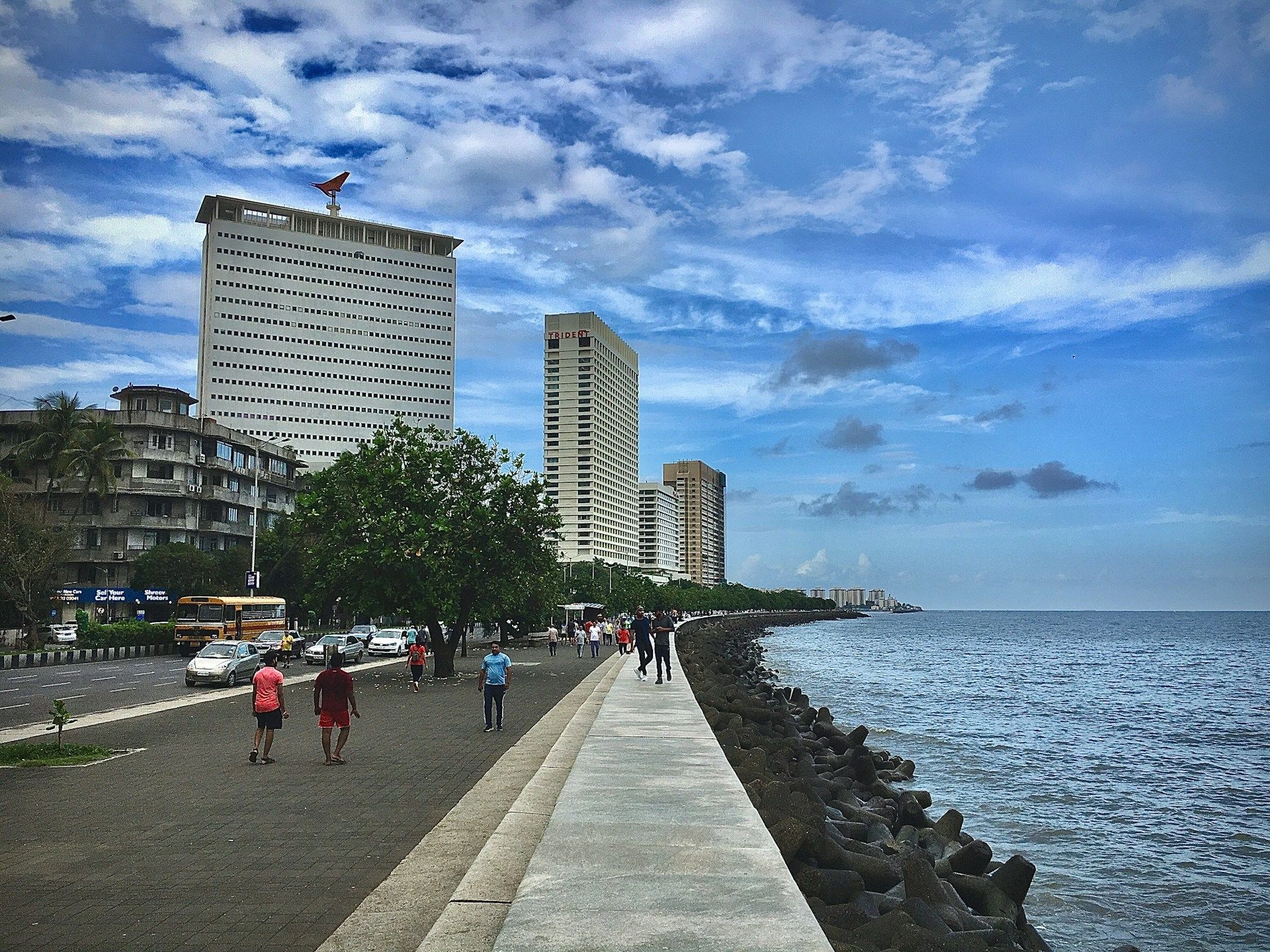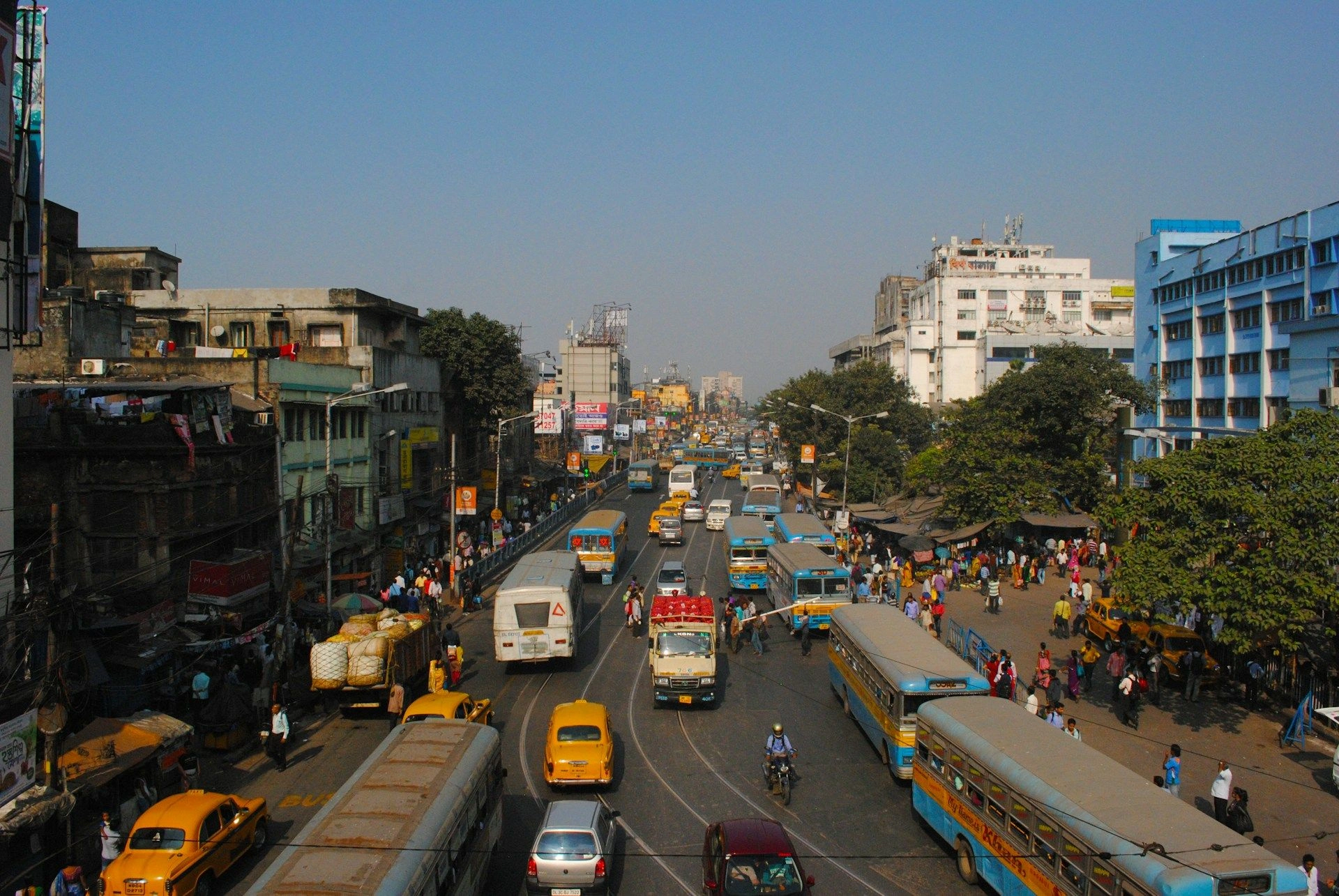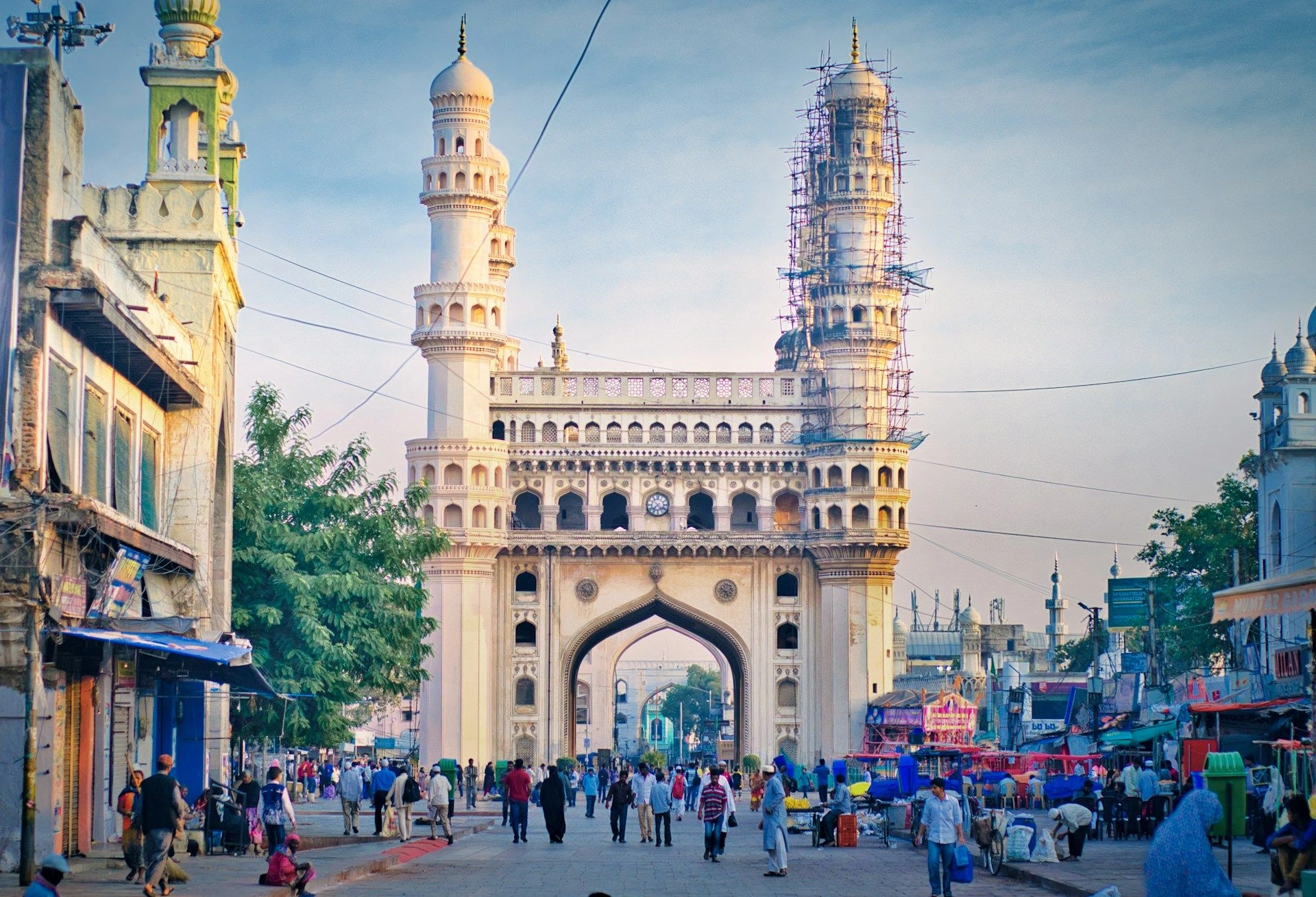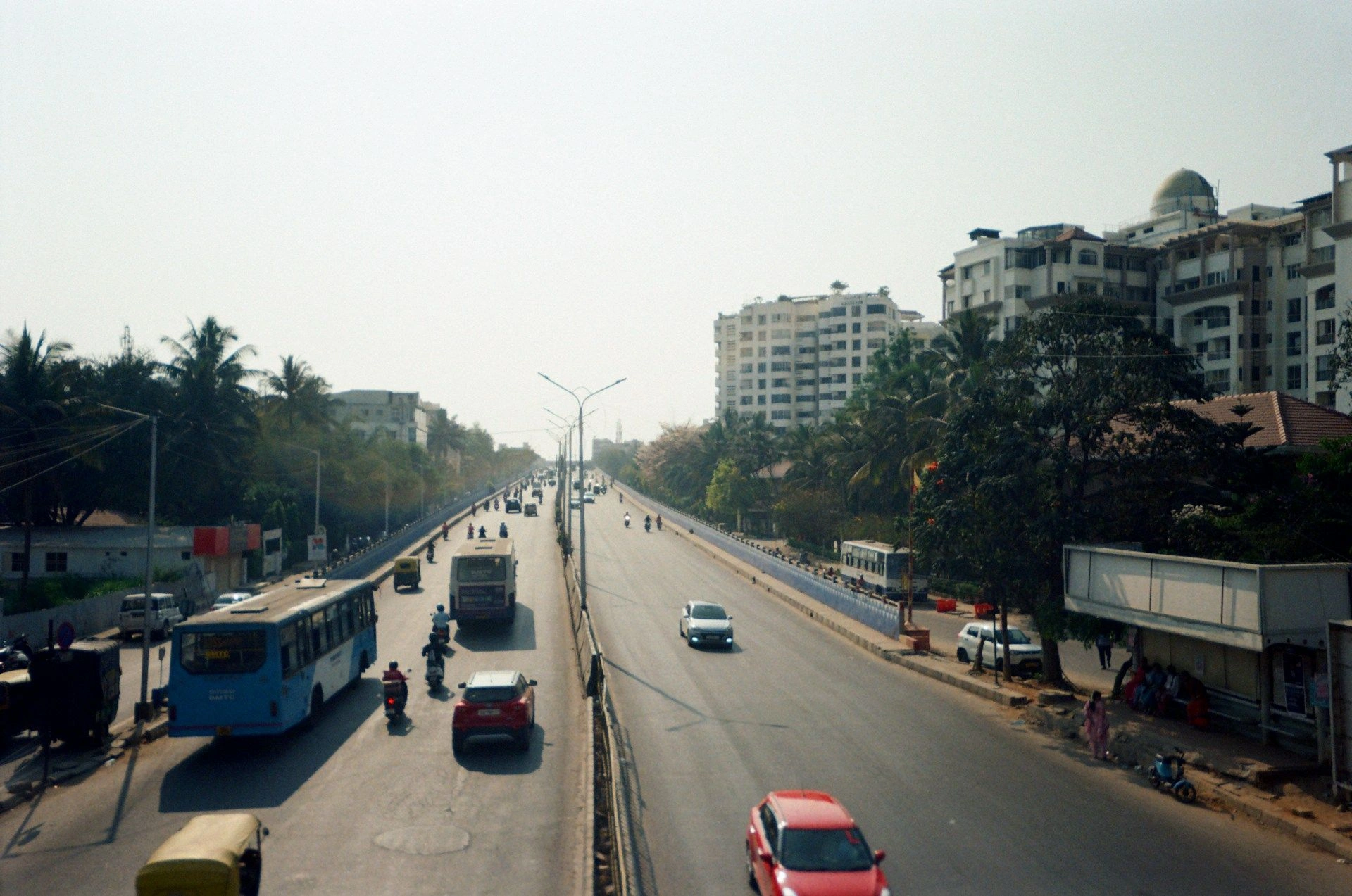India Investment Real Estate – Opportunities for BuyersReal estate betweenheritage and tech
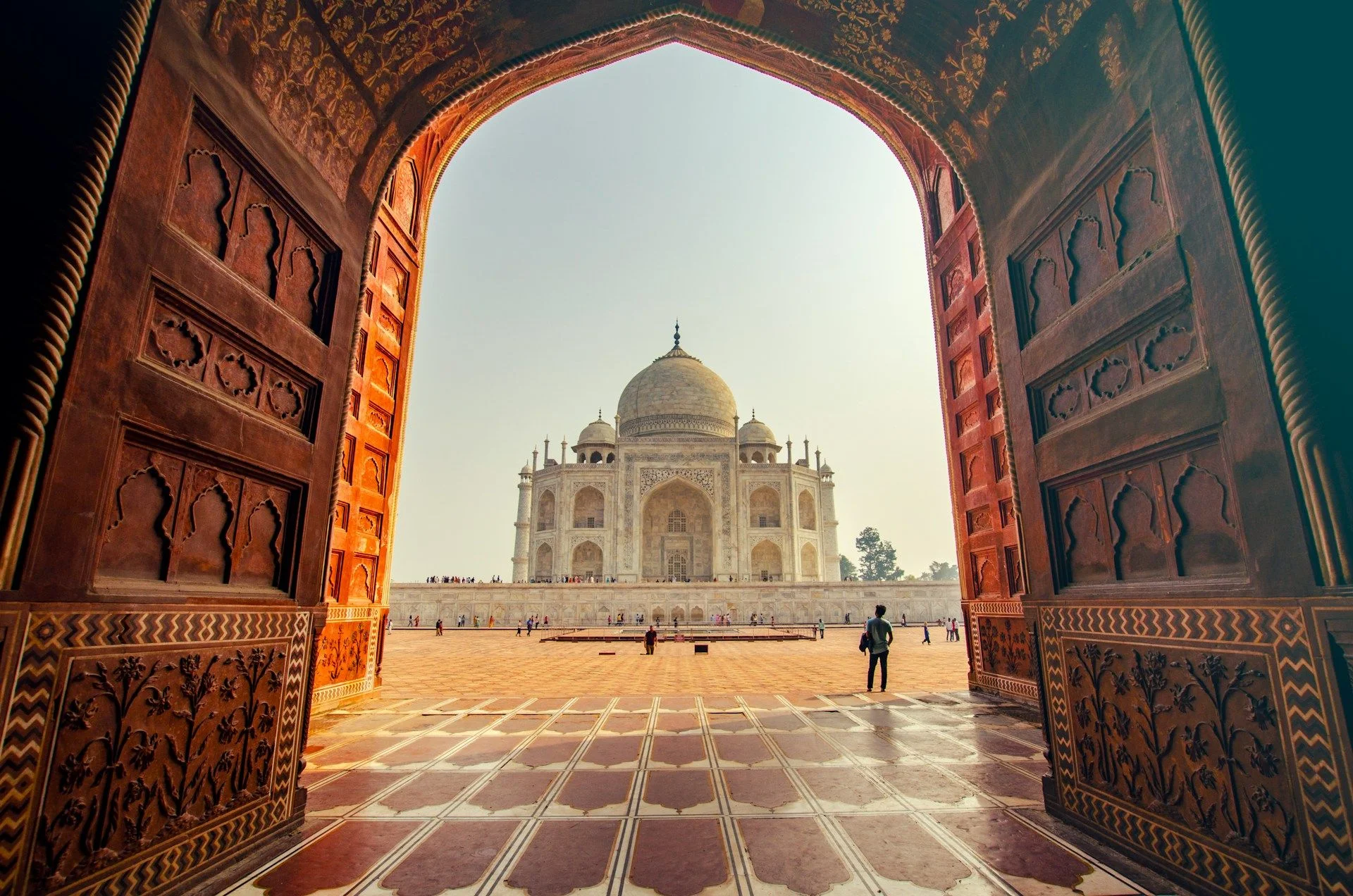
Best offers
in India
Benefits of investment in
India real estate
Vast and diverse market with urban opportunity
India’s tier-1 and tier-2 cities like Bangalore and Pune offer dynamic rental demand and price growth.
Booming middle class drives housing needs
Millions of upwardly mobile citizens fuel demand for both ownership and rentals.
Legal reforms improving investor access
RERA and digital land records make transactions more transparent and secure for domestic and international buyers.
Vast and diverse market with urban opportunity
India’s tier-1 and tier-2 cities like Bangalore and Pune offer dynamic rental demand and price growth.
Booming middle class drives housing needs
Millions of upwardly mobile citizens fuel demand for both ownership and rentals.
Legal reforms improving investor access
RERA and digital land records make transactions more transparent and secure for domestic and international buyers.

Useful articles
and recommendations from experts
Real Estate in India: Dynamic Opportunities Across a Growing Market
Why Invest in Property in India
India is one of the fastest-growing economies in the world, with a booming urban population, a growing middle class, and increasing infrastructure development. Its real estate market reflects this dynamism, offering opportunities across residential, commercial, and industrial segments. From high-yield metropolitan rentals in Mumbai and Bengaluru to lifestyle properties in Goa or Kerala, India’s property landscape is vast and varied. Government reforms, such as the Real Estate Regulation Act (RERA), have added transparency and confidence to the market, making it more accessible to investors.
Types of Property and Permitted Uses
India offers a broad array of real estate options, suitable for different investment strategies:
- Residential Apartments: Predominant in metros like Mumbai, Delhi, Bengaluru, Chennai, and Hyderabad. Available as ready-to-move or under-construction units.
- Independent Houses and Villas: Found in both urban and semi-urban locations, often with land ownership included.
- Commercial Real Estate: Office spaces, retail shops, and warehouses in business hubs and IT parks with strong rental demand.
- Land Parcels: Both agricultural and non-agricultural land are available. However, laws for purchasing agricultural land vary by state and are often restricted for non-farmers and foreigners.
- Vacation and Lifestyle Properties: Popular in Goa, Himachal Pradesh, Uttarakhand, and Kerala, often used as second homes or short-term rentals.
Ownership Rules and Legal Framework for Foreigners
Foreign ownership of real estate in India is restricted but not entirely prohibited. Key points include:
- Non-Resident Indians (NRIs) and Persons of Indian Origin (PIOs): Can purchase residential and commercial property freely (excluding agricultural land).
- Foreign Nationals (non-NRIs/PIOs): Generally not permitted to buy immovable property in India unless they reside in the country for more than 183 days in a financial year and obtain government approval.
- Companies: Foreign companies with an Indian presence can lease or buy property for business use under certain conditions.
- Agricultural Land: Purchase is prohibited for foreigners and even restricted for urban Indian residents in many states.
All transactions must comply with regulations from the Reserve Bank of India (RBI), the Foreign Exchange Management Act (FEMA), and local state laws. Legal due diligence and title verification are essential prior to any purchase.
Property Prices and Market Trends
India’s property prices vary dramatically by region and city. Metro cities command premium pricing, while Tier-2 and Tier-3 cities are emerging as affordable investment destinations with growth potential.
| City | Property Type | Average Price per m² (USD) |
|---|---|---|
| Mumbai | Apartment | $2,000 – $8,000 |
| Bengaluru | Apartment | $900 – $2,500 |
| Delhi NCR | Apartment/Villa | $1,000 – $3,500 |
| Goa | Villa/Condo | $1,200 – $3,000 |
| Hyderabad | Apartment | $800 – $2,200 |
| Kolkata | Apartment | $700 – $1,800 |
The pandemic-induced demand for larger homes, work-from-home infrastructure, and second homes has fueled growth in residential housing. Markets like Goa and Uttarakhand have seen a surge in vacation home demand.
Transaction Costs and Taxes
India has several taxes and charges involved in property transactions. These vary by state:
- Stamp Duty: 4%–7% of the transaction value depending on the state and buyer's gender (some states offer concessions for women).
- Registration Charges: Typically 1% of the sale value.
- Goods and Services Tax (GST): Applicable on under-construction properties at 5% (without ITC) or 1% for affordable housing. No GST on resale properties.
- Legal and Brokerage Fees: 1%–2% for legal review and brokerage (if used).
- Annual Property Tax: Levied by municipal bodies based on property location, size, and use.
Capital gains tax is applicable when reselling a property: 20% (with indexation benefits) for long-term capital gains and normal income tax rates for short-term gains.
Rental Yields and Market Demand
Rental yields in Indian metros are relatively low compared to Western countries, but long-term capital appreciation and stable demand often compensate:
- Mumbai: 2.5%–4% yield depending on locality and property type.
- Bengaluru: 3%–5%, driven by IT sector tenants.
- Goa: 4%–6% in tourist zones with Airbnb potential.
- Delhi NCR: 2%–4%, with demand from working professionals and students.
Vacation rentals and short-term stays are gaining popularity in areas like Goa, Manali, and Kerala. The model is particularly effective for NRIs looking to maintain a base in India while monetizing the asset.
Investment Scenarios
- Buy-to-Let in Bengaluru: Purchase a $120,000 apartment in Whitefield or Electronic City, rent to IT professionals for steady returns.
- Vacation Villa in Goa: Invest $180,000 in a fully furnished villa and list it on Airbnb to capture peak-season demand.
- Commercial Space in Gurgaon: Buy an office unit in Cyber Hub or DLF Phase III to lease to startups and small firms.
- Land Banking in Pune: Acquire suburban land near Hinjawadi IT park and hold for 5–10 years for high capital appreciation.
Top Cities and Regions for Real Estate Investment
- Mumbai: India's financial capital with premium real estate, strong rental market, and global connectivity.
- Bengaluru: Tech hub with affordable housing and consistent demand from the IT workforce.
- Delhi NCR: A wide range of property types, but infrastructure challenges in some zones.
- Goa: Popular with NRIs and foreigners; ideal for lifestyle and rental income properties.
- Hyderabad: Growing rapidly due to its business-friendly policies, biotech parks, and affordable pricing.
- Pune: Educational and IT hub with solid infrastructure and a young population base.
Infrastructure and Services
India is actively improving urban infrastructure through smart city initiatives, metro expansions, and improved road networks:
- Transport: Metro rail, highways, and airport upgrades are ongoing across major cities.
- Healthcare: World-class hospitals in metros and emerging medical tourism in places like Chennai and Delhi.
- Education: Presence of international schools, IITs, IIMs, and global universities in metros and Tier-2 cities.
- Utilities and Internet: Generally reliable in urban areas with high-speed fiber connectivity and 24/7 power in most zones.
Legal Considerations and Practical Tips
- Title Verification: Always verify chain of ownership and ensure no encumbrances or litigation.
- RERA Compliance: Choose only RERA-registered projects to avoid fraud and ensure delivery timelines.
- Use Local Legal Counsel: Essential to handle agreements, verify documentation, and manage registration.
- Foreign Exchange Rules: All transactions must be routed through authorized banking channels under RBI guidelines.
- Joint Ventures for Foreigners: If direct ownership is not possible, consider JV with Indian developers or leasing models.
Conclusion: A Complex but Rewarding Market
India’s real estate market offers high potential for long-term investors, especially in growing cities and sectors like IT, education, healthcare, and tourism. While regulatory restrictions exist for foreign nationals, NRIs and PIOs can fully participate in residential and commercial segments. Due diligence, legal compliance, and a long-term perspective are essential for navigating the Indian market. For those who get it right, India promises steady appreciation, robust demand, and diversified opportunities across its vibrant and evolving landscape.
